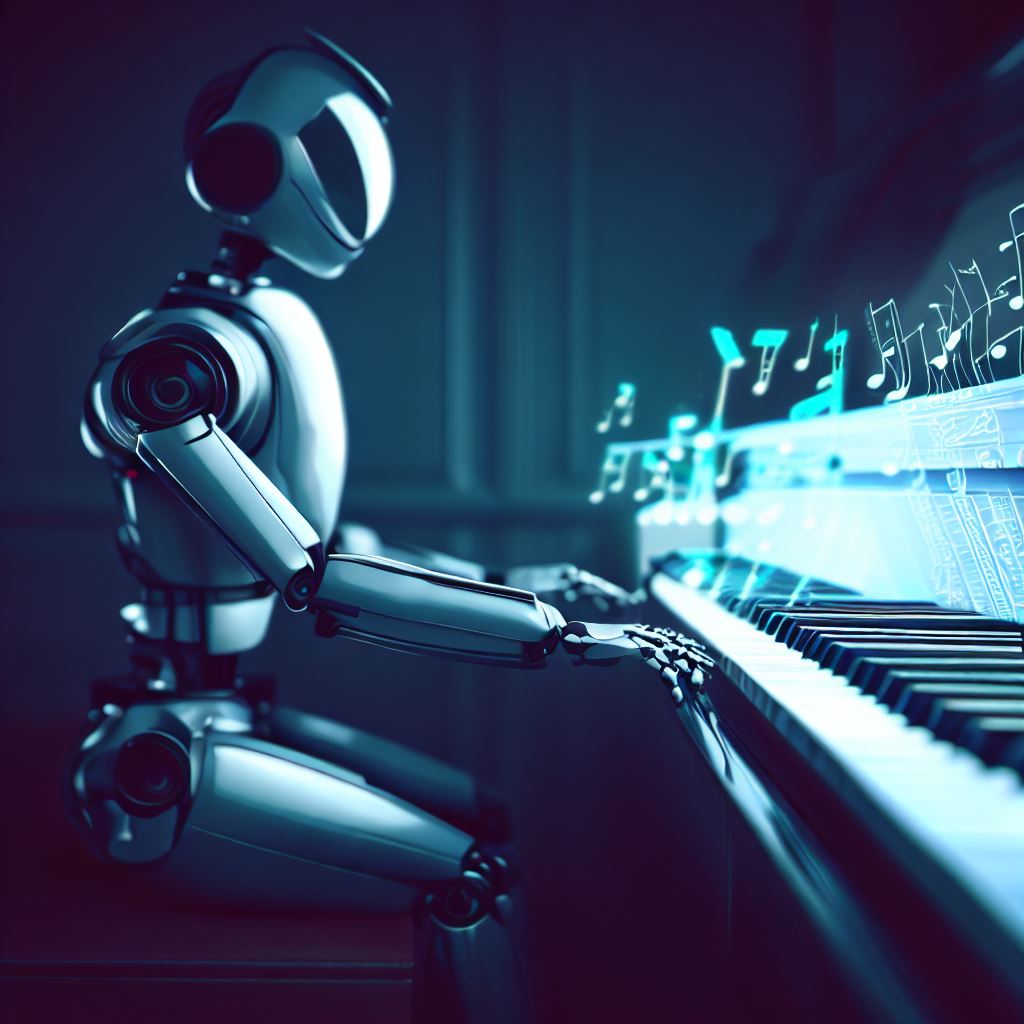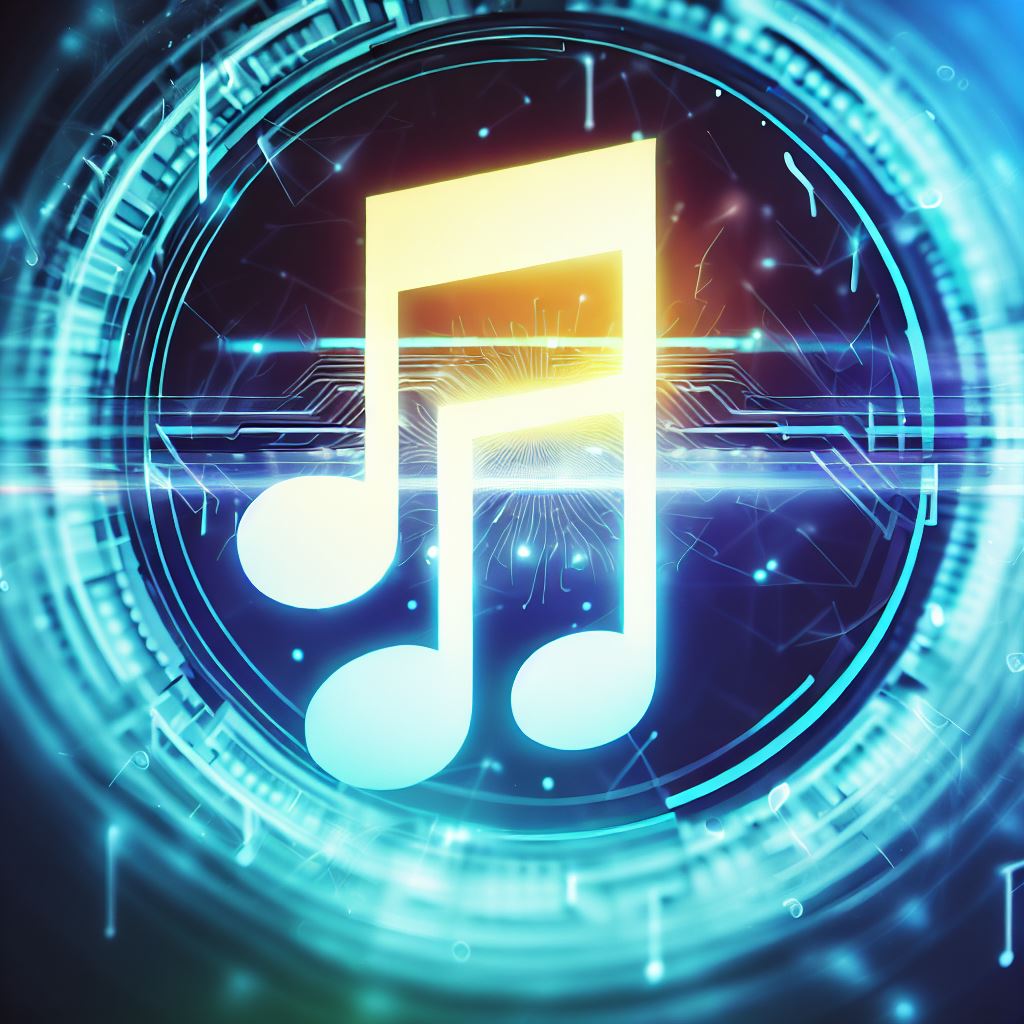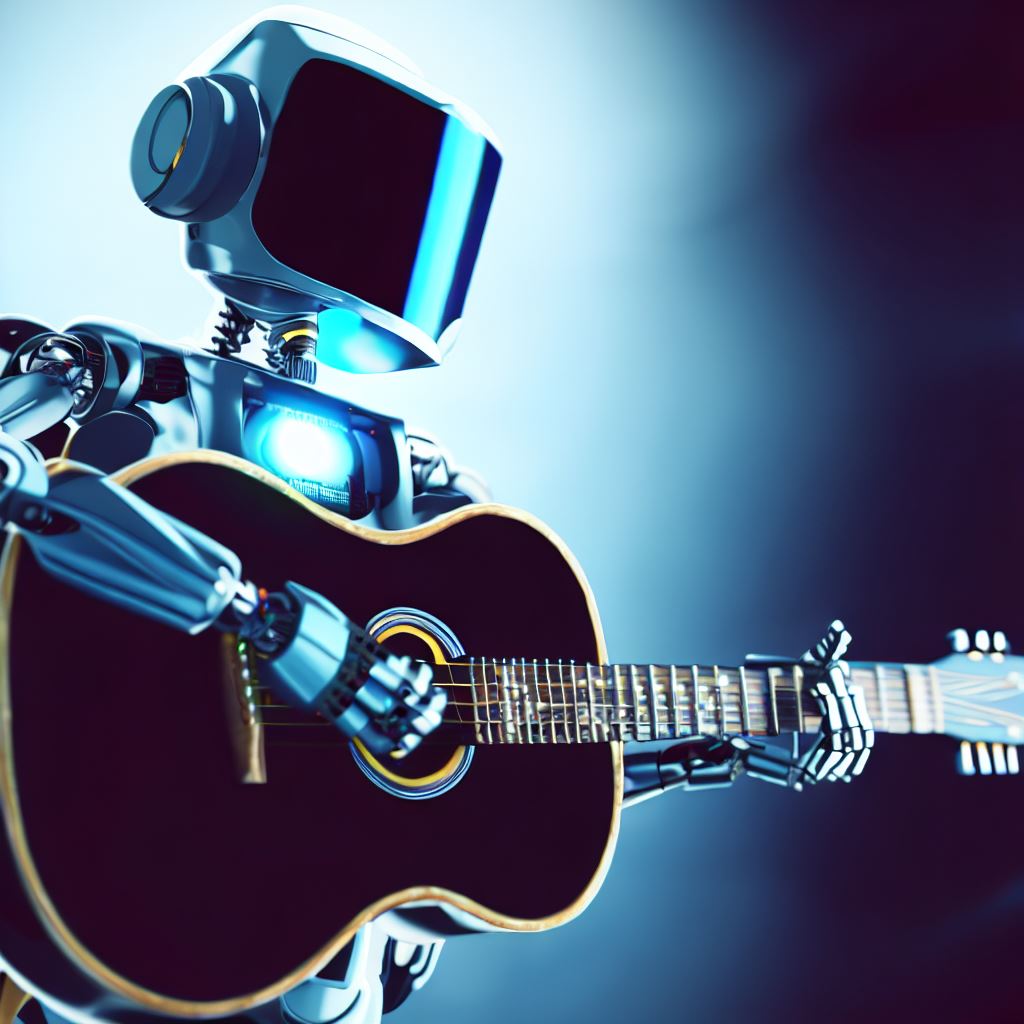The music industry, long characterized by its evolution through technology, is once again on the brink of transformation. This time, the driving force behind the change is Artificial Intelligence (AI). As AI continues to penetrate every aspect of our lives, it has made an indelible mark on the world of music. From composition and production to distribution and consumption, AI is reshaping the entire music landscape.
AI and Music Composition
One of the most striking ways in which AI is revolutionizing the music industry is in the realm of composition. Historically, creating music has been the domain of talented composers and musicians, but AI is now proving to be a formidable co-creator. With the ability to analyze vast amounts of existing music, AI algorithms can generate original compositions that draw from a multitude of influences.
AI-generated music is not merely a mimicry of existing styles but often ventures into uncharted territories, pushing the boundaries of creativity. Composers and musicians can collaborate with AI to explore new sounds and genres, opening up a world of possibilities that would have been unimaginable just a few years ago.
Do you have a software/mobile development project in mind? Contact us today and let us help you turn your idea into reality. We have the skills, experience, and passion to create amazing solutions for your business needs. Email us at sales@nesesho.com
Want to know more about our Tech Solutions? Visit us at www.nesesho.com
Production and Sound Design
The production process in music has also been significantly impacted by AI. It has streamlined the workflow for producers and sound engineers, making it more efficient and accessible. AI-powered tools can analyze audio recordings and suggest improvements in mixing and mastering, saving both time and effort. This technology ensures that even novice musicians can achieve professional-grade sound quality.
Additionally, AI-driven virtual instruments and synthesizers have become integral to modern music production. These tools can replicate the sound of traditional instruments with astonishing accuracy or create entirely new sounds that stretch the boundaries of what is sonically possible. Musicians and producers can experiment with sounds that were once out of reach, resulting in fresh and innovative music.
Personalized Music Recommendations
The way we discover and consume music has also undergone a transformation thanks to AI. Streaming platforms utilize AI algorithms to curate personalized playlists and recommendations based on a listener’s previous choices. These algorithms analyze your listening habits and preferences, enabling them to introduce you to new artists and tracks that align with your taste.
This personalization not only enhances the listening experience but also benefits emerging artists by helping them reach a more targeted audience. It’s a win-win scenario that has redefined music discovery in the digital age.
AI in Music Marketing and Promotion
AI has also found its place in the marketing and promotion side of the music industry. It can analyze social media data and online trends to identify potential breakout artists or viral songs. Labels and artists can use this information to strategically plan their marketing campaigns, targeting the right audience at the right time.
Furthermore, AI can create virtual influencers and artists, giving rise to a new wave of promotional tactics. These AI-generated personas can engage with fans, release music, and even collaborate with human musicians, blurring the lines between reality and virtuality in the industry.
Challenges and Ethical Considerations
While AI has brought remarkable advancements to the music industry, it is not without its challenges and ethical concerns. Many artists worry that AI-generated music might devalue human creativity and replace traditional musicians. Additionally, copyright and ownership issues surrounding AI-generated works remain largely uncharted territory, raising questions about who holds the rights to music created by algorithms.
Furthermore, there is an ongoing debate about the impact of AI on employment in the music industry. As AI automates tasks traditionally performed by humans, there are concerns about job displacement, particularly among session musicians and recording engineers.
Conclusion
The integration of AI into the music industry is undeniably changing the landscape in profound ways. From composing avant-garde symphonies to streamlining production processes and redefining music discovery, AI has ushered in a new era of innovation and creativity. However, as with any technological revolution, it comes with its share of challenges and ethical considerations that must be carefully navigated.
The music industry is experiencing a harmonious revolution where humans and AI collaborate, pushing the boundaries of what music can be. As we move forward, it is essential to strike a balance between embracing the benefits of AI and preserving the unique qualities of human creativity that make music a universal language of expression and emotion. In this evolving landscape, the symphony of the future is one in which AI and human musicians play in perfect harmony, creating music that transcends the boundaries of imagination.
Do you have a software/mobile development project in mind? Contact us today and let us help you turn your idea into reality. We have the skills, experience, and passion to create amazing solutions for your business needs. Email us at sales@nesesho.com
Want to know more about our Tech Solutions? Visit us at www.nesesho.com



